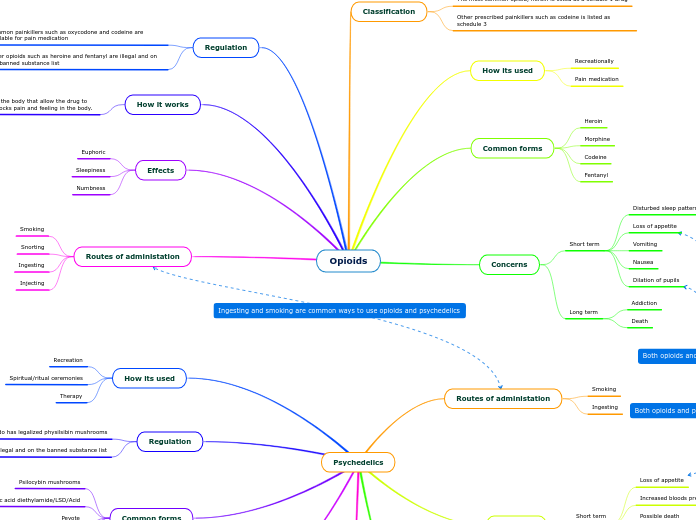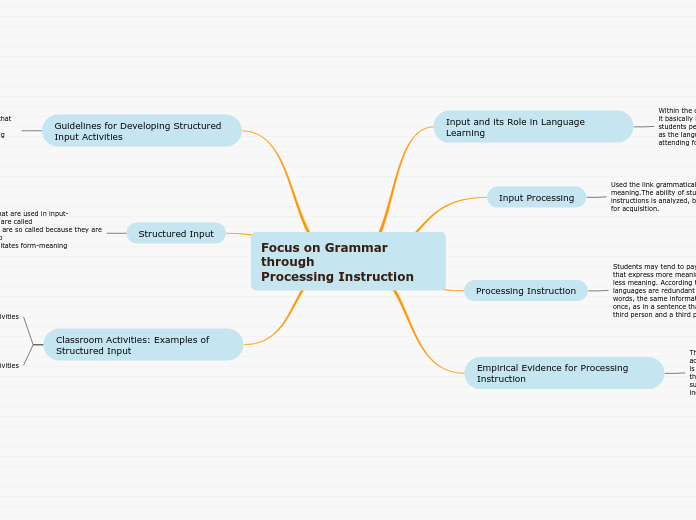FINANCES
DANIEL GARCIA
DAVID JOYA
WHAT IS THE MEANING OF INVESTMENT?
In finance, an investment is a monetary asset purchased with the idea that the asset will provide income in the future or will later be sold at a higher price for a profit.
HOW SHOULD YOU INVEST?
DIRECT INVESTMENTS
Direct investment, more commonly referred to as foreign direct investment (FDI), refers to an investment in a foreign business enterprise designed to acquire a controlling interest in this enterprise. Direct investment provides capital funding in exchange for an equity interest without the purchase of regular shares of a company's stock.
EXAMPLES
Horizontal direct investment is perhaps the most common form. In horizontal investments, a business already existing in one country merely establishes the same business operations in a foreign country, such as in the case of a fast food franchise based in the United States opening restaurant locations in China.
A vertical direct investment is one where the investor adds foreign activities to an existing business, such as in the case of an American auto manufacturer establishing dealerships or acquiring a parts supply business in a foreign country
ACQUISITIONS
An acquisition is when one company purchases most or all of another company's shares to gain control of that company. Purchasing more than 50% of a target firm's stock and other assets allows the acquirer to make decisions about the newly acquired assets without the approval of the company’s shareholders. Acquisitions, which are very common in business, may occur with the target company's approval, or in spite of its disapproval.
Why Make an Acquisition?
Companies acquire other companies for various reasons. They may seek economies of scale, diversification, greater market share, increased synergy, cost reductions, or new niche offerings. Other reasons for acquisitions include:
1. As a way to enter a foreign market
2. As a growth strategy
3. To reduce excess capacity and decrease competition
4. To gain new technology
JOINT VENTURE
A joint venture is a business arrangement in which two or more parties agree to pool their resources for the purpose of accomplishing a specific task. This task can be a new project or any other business activity. In a joint venture, each of the participants is responsible for profits, losses, and costs associated with it. However, the venture is its own entity, separate from the participants' other business interests.
Requirements for Joint Ventures
1. The number of parties involved.
2. The scope in which the JV will operate (geography, product, technology).
3. What and how much each party will contribute to the JV.
4. The structure of the JV itself.
5. Initial contributions and ownership split of each party.
6. The kind of arrangements to be made once the deal is complete.
7. How the JV is controlled and managed.
8. How the JV will be staffed.
FRANCHISE OPPORTUNITIES
Under a franchise agreement, the franchisee is granted permission to use the franchiser’s assets, such as supply chain, trademarks, or other intellectual property for a certain period of time. Typically, the franchisee is granted exclusive rights to those assets within a certain localized area
WORLD'S LARGEST FRANCHISIES
1. SUBWAY
2. 7-ELEVEN
3. MCDONALDS
4. KFC
5. BURGER KING
6. PIZZA HUT
7. WYNDHAM HOTEL GROUP
LICENSE SALE
licensee is any business, organization, or individual that has been granted legal permission by another entity to engage in an activity. The permission, or license, can be given on an express or implied basis.
Why License Sale?
It has two main purposes , to regulate the quality of businesses and restrict how many businesses can operate in a given geographical area or market. Both governmental bodies and companies issue or sell these contracts once
TYPES OF LICENSE
- Technology license agreements
- License agreements on copyright
- License on trademarks









